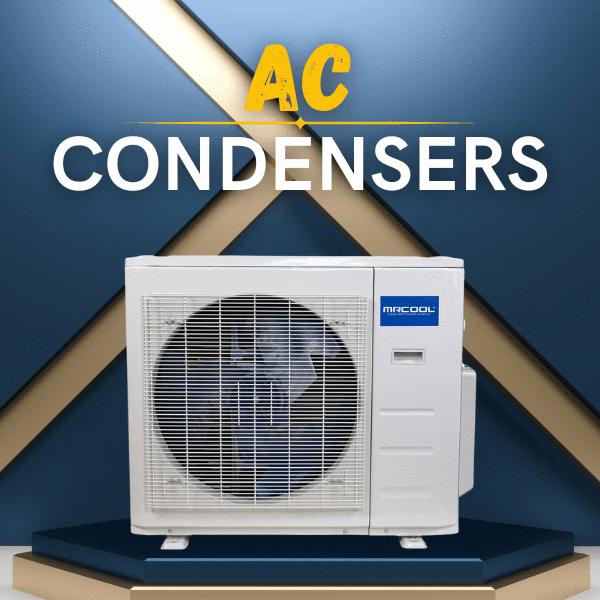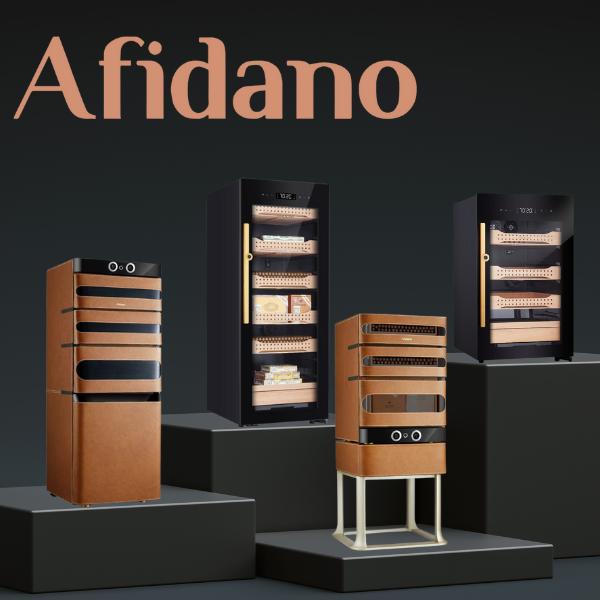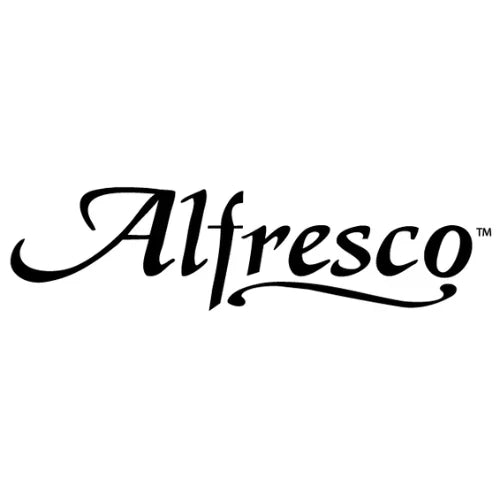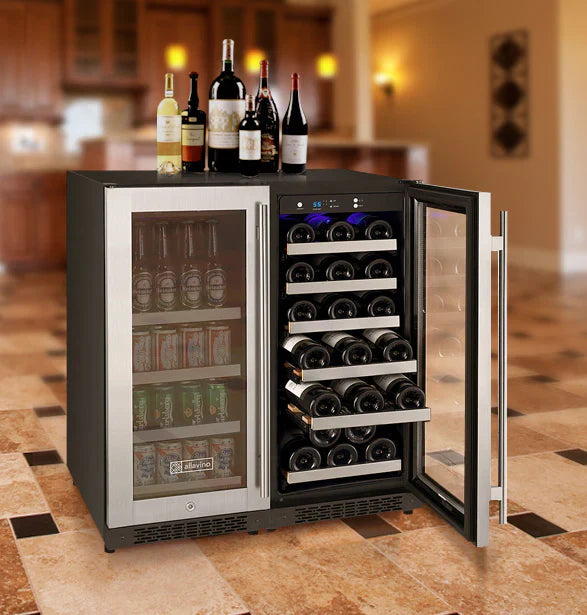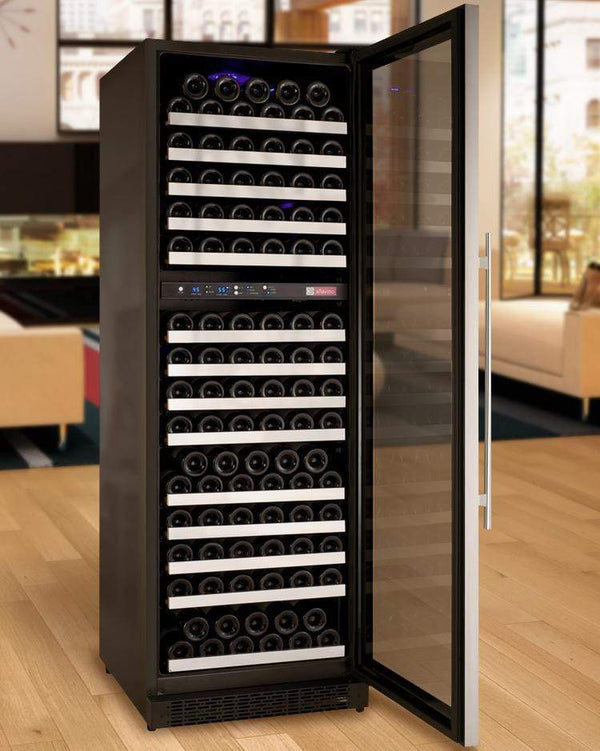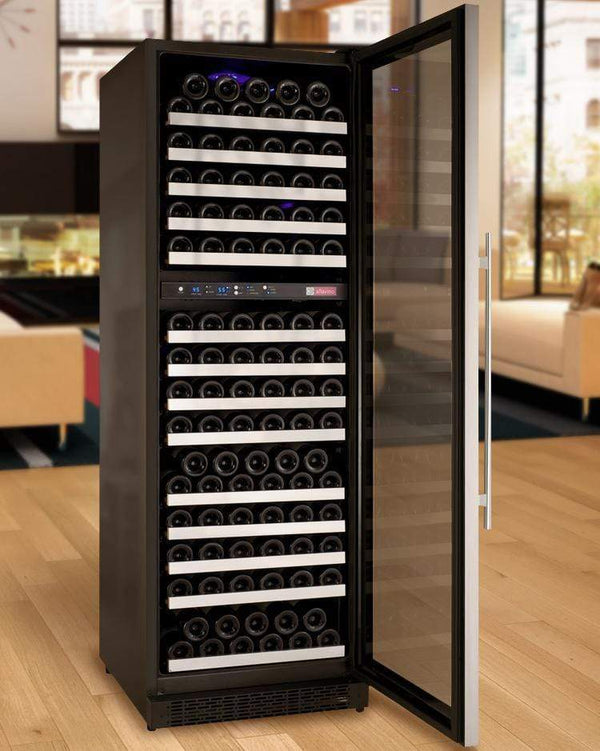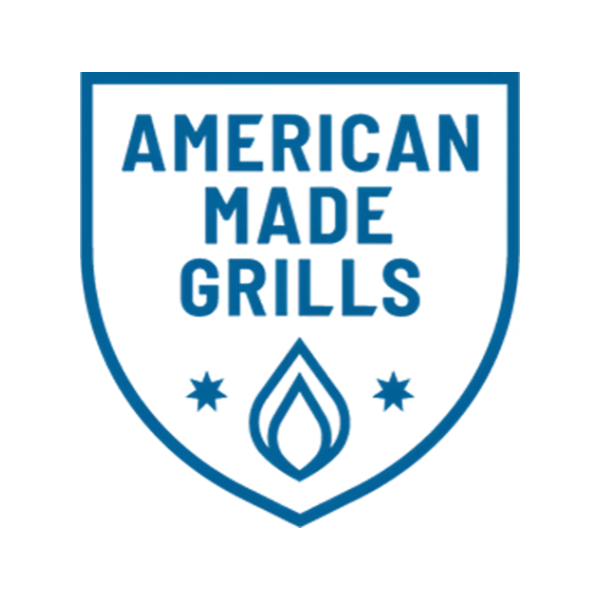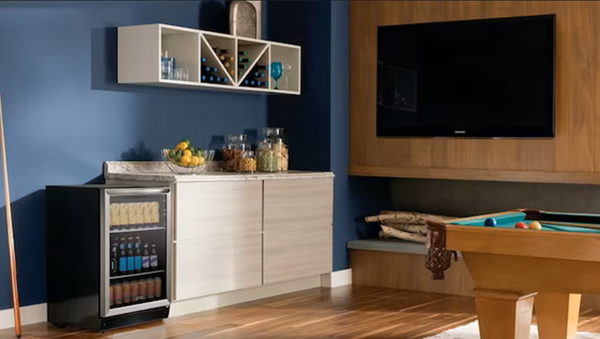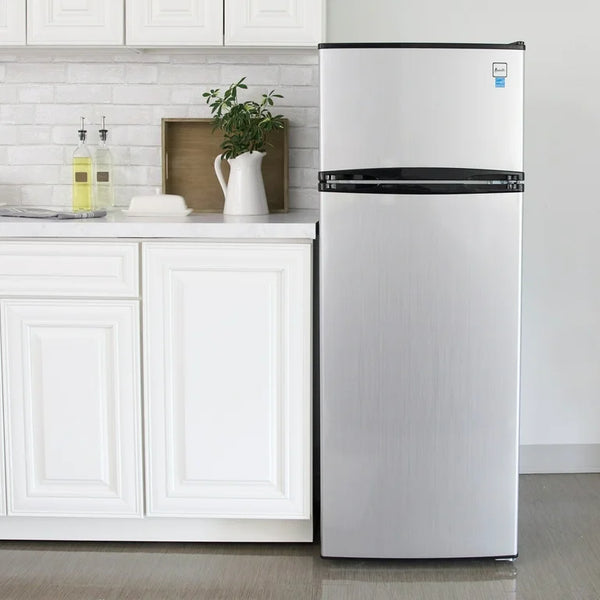Ductless vs Ducted Wine Cellar Cooling Units: Full Guide
Ductless vs Ducted Wine Cellar Cooling Units Compared
By Jim Hopper, Wine Cooling Expert
Proper wine storage is essential for preserving your collection’s quality and flavor. One of the most important decisions in building a wine cellar is choosing the right cooling system. The two most common options are ductless and ducted wine cellar cooling units. This guide will help you understand the differences, advantages, and disadvantages of each, so you can select the best system for your needs. For a broader overview of all wine cellar cooling system brands, types, and models, visit our comprehensive comparison guide.
What is a Wine Cellar Cooling Unit?

A wine cellar cooling unit is a specialized refrigeration system designed to maintain stable temperature and humidity in a wine cellar or wine room. Unlike standard air conditioners, these units are engineered to create the optimal environment for wine storage, preventing the spoilage that can occur with temperature fluctuations or improper humidity levels. Learn more about wine cellar cooling systems.
Why Proper Cooling Matters in Wine Storage
Wine is sensitive to its environment. The ideal storage conditions are:
-
Temperature: 55°F–58°F (13°C–14°C)
-
Humidity: 50%–70% relative humidity
Maintaining these conditions prevents corks from drying out or mold from developing, and ensures your wine ages gracefully. Fluctuations in temperature or humidity can lead to oxidation, spoilage, and loss of flavor. For more tips, see how to build a wine cellar.
Differences Between Ducted and Ductless Wine Cellar Cooling Systems

Feature Ductless Cooling Units Ducted Cooling Units Installation No ductwork required Requires ductwork Visibility Indoor unit visible All equipment hidden Noise Quiet (split systems) Very quiet in cellar Best for Small/medium cellars, retrofits Large cellars, new builds Cost Lower initial cost Higher installation cost Flexibility High Moderate (needs planning)
Ductless Wine Cellar Cooling Units
Ductless systems are popular for their flexibility and ease of installation. They consist of two main components: an evaporator (inside the cellar) and a condenser (placed remotely, indoors or outdoors).
Types:
-
Self-Contained Ductless: Also known as Through-the-Wall Wine Cooling Systems, these are the simplest and most affordable to install, but can be noisier since the compressor is inside the cellar. Shop Ductless Self-Contained or Through-the-Wall Units
-
Ductless Split Systems: The evaporator is inside the cellar, while the condenser is outside, resulting in quieter operation. Shop Ductless Split Wine Cellar Cooling Units
Advantages:
- Flexible installation—no ductwork required
- Cost-effective for small and medium-sized cellars
- Quiet operation (especially split systems)
- Ideal for spaces where adding ducts is impractical
Disadvantages:
- Indoor unit is visible inside the cellar
- Sizing and installation can be complex—professional installation recommended
- May take up some storage space
Best for: Homeowners with small wine cellars, retrofits, or spaces where ductwork isn’t feasible.
Ducted Wine Cellar Cooling Units
Ducted systems use ductwork to distribute cool air from a remote cooling unit to the wine cellar, keeping all equipment out of sight.
Types:
-
Fully Ducted Self-Contained: Both evaporator and condenser are in one unit, located outside the cellar, with ductwork running cool air in and warm air out. Shop Fully Ducted Self Contained Wine Cellar Cooling Units
-
Ducted Split Systems: Evaporator and condenser are separated, both installed outside the cellar. Ducts deliver cool air into the cellar and remove warm air. Shop Ducted Split Wine Cellar Cooling Units
Advantages:
- All components hidden—no visible equipment in the wine room
- Extremely quiet operation inside the cellar
- Provides even cooling throughout larger spaces
- Can integrate with existing HVAC systems
Disadvantages:
- Requires ductwork—can be more invasive and costly to install
- Needs space for ducts and remote equipment
- Installation must be done by a licensed HVAC professional
Best for: Larger wine cellars, new construction, or situations where aesthetics and quiet operation are top priorities.
Advantages and Disadvantages
Ductless Wine Cellar Cooling Systems
Advantages:
- Flexible mounting options—ceiling, wall, or floor
- No ductwork required, easier to install
- Cost-effective in the long term
- Most units have a quiet operation
Disadvantages:
- Sizing can be complex
- Indoor units are visible
- Finding experienced installers can be challenging
Ducted Wine Cellar Cooling Systems
Advantages:
- Convenient and efficient
- Helps with air dehumidification
- Ideal for cooling the entire cellar
- Doesn’t take up space in the cellar
Disadvantages:
- Requires ductwork
- Higher installation cost
- Some units are not always quiet
- Potential for energy loss through ducting
Cost Comparison
- Ductless Units: Lower initial purchase and installation costs. Great for smaller projects or retrofits.
- Ducted Units: Higher upfront costs due to ductwork and professional installation, but may offer energy savings and better performance for large cellars.
Long-term Costs: Both systems require regular maintenance. Ducted systems may be more energy efficient in large cellars, potentially offsetting higher installation costs over time.
Installation and Maintenance

Proper installation and maintenance are crucial for performance and longevity. It’s recommended to hire a licensed HVAC technician for both ductless and ducted systems.
Maintenance Tips:
- Clean or replace filters regularly
- Inspect and clean evaporator coils
- Check refrigerant levels
- For ducted systems: inspect ductwork for leaks and damage
Annual professional maintenance is recommended to prevent issues and prolong system life.
How to Choose the Right System
Consider these factors:
-
Cellar Size and Layout:
-
Noise Sensitivity:
-
Ducted systems are best for silent operation in the wine room.
-
-
Aesthetics:
-
Ducted systems hide all equipment; ductless units have a visible component.
-
-
Budget:
- Ductless units are more affordable to install.
- Ducted units require higher upfront investment.
-
Existing Infrastructure:
-
Ducted systems may integrate with existing HVAC, but need planning.
-
-
Professional Installation:
-
Both types require skilled installers for best results.
-
For more guidance, see our guide to the best wine cellar cooling units.
Shop for Wine Cellar Cooling Systems
Browse our curated selection of wine cellar cooling units from top brands like WhisperKOOL, Breezaire, and CellarCool. Discover our Top 10 Best Wine Cellar Cooling Units.
Conclusion

Both ductless and ducted wine cellar cooling units can provide the ideal environment for your wine collection. Ductless systems offer flexibility, easier installation, and lower costs—perfect for smaller spaces. Ducted systems deliver superior aesthetics, quiet operation, and even cooling for larger cellars, but require more planning and investment. Assess your cellar’s size, layout, and your personal preferences to choose the system that best protects your valuable collection.
Need help choosing the right wine cellar cooling unit? Contact our expert team for personalized advice, or explore our curated selection of top-rated cooling systems for every cellar size and style.
📚 Frequently Asked Questions (FAQs)
What are the standards for a wine cellar?
How do I choose a good cooler?
What is the recommended temperature for a wine cooler?
Do you put water in a wine cooler?
What are four types of equipment commonly found in a cellar?
What should be avoided in a wine cellar?
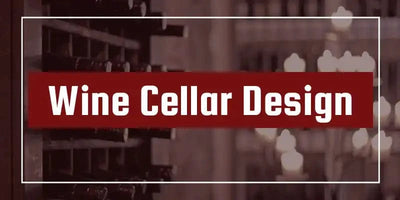
Designing or Upgrading a Wine Cellar?
We got you! Here at Wine Coolers Empire, we will guide you in building your dream wine cellar.

